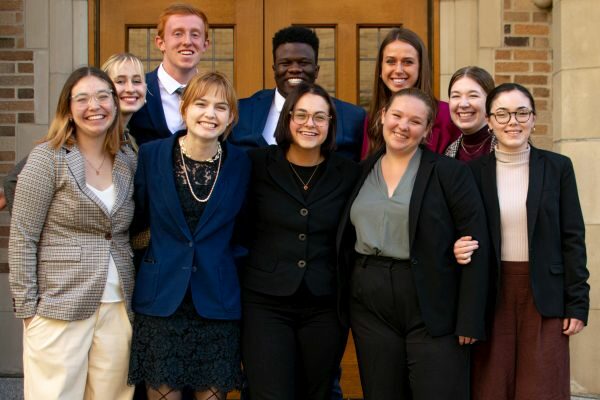
Faculty Publication: Indiscriminate Repression in Nonviolent Resistance Campaign
Since the tidal wave of civil resistance campaigns of the Arab Spring in 2010, political scientists and sociologists have turned their focus toward understanding why some of these protests have resulted in regime change or substantial governmental reforms while others have not. In the context of this broader literature, Prof. Tijen Demirel-Pegg from the IUPUI Department of Political Science and her co-author Prof. Karen Rasler, Professor Emerita at Indiana University, Bloomington have recently published an article in Sociological Perspectives that investigates how governments respond to large-scale civil resistance campaigns.
In particular, the authors examine whether there are differential effects of selective and indiscriminate repression on the rate of protest actions in the Gezi Park Protest Campaign in 2013. They hypothesized that selective repression would decrease protest actions as a result of leadership depletion among dissident ranks, while indiscriminate repression would increase them due to a backfire effect. In order to test this relationship, the authors collected events data on government and dissident behaviors from a national Turkish newspaper and validated them with Twitter data reported by other scholars. They then operationalized selective repression as the number of arrested activists that occurred outside of the protest zone as part of a targeted arrest policy where activists were picked up and detained while at home or their workplaces. These “off-site” arrests were distinguished from governmental arrests of activists that occurred during demonstrations. Meanwhile, indiscriminate repression was measured in terms of the government’s use of violent tactics and mass, nontargeted, arrests against protesters during the Gezi Park demonstrations. Using event count time series models, the authors found evidence for a differential effect: selective repression substantially decreased protest actions, while indiscriminate repression increased them.
Professors Demirel-Pegg and Rasler’s study is important for several reasons. First, it is one of the few longitudinal studies that examines the effects of both selective and indiscriminate repression in a single case study of a protest campaign. Second, the evidence shows that protest campaigns that are led by weak dissident organizations are likely to be suppressed by governments who rely on well-planned and coordinated selective repression policies. Lastly, the study contributes to our general understanding of how and why civil resistance campaigns may demobilize over time. The authors continue their work on understanding the repression-dissent relationship in other cases and contexts.


